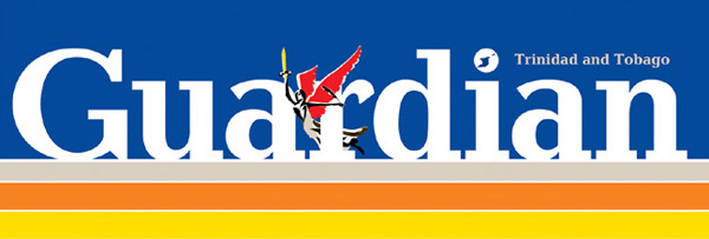Like anyone, people with disabilities have their own unique identity and abilities. It is wider society that often misunderstands this.
A simple analogy for this is that most cities and societies are in themselves flawed. They cannot, and for the most part do not, with any great success accommodate a differently-abled population. In the context of the architecture of urban planning, if planners do not design crosswalks or pavements to accommodate difference in abilities, a visual impairment can quite quickly transform into a disabling social barrier.
This more often than not exacerbates a person’s impairment into a handicap. What in an ideal world might be cultural differences in the way people experience the world can become real-life, human rights impediments. In simple terms, our buildings like schools, jails, law courts, and our transport infrastructure was and is designed with the onus placed on a particular idea about abilities over one that includes all people.
As such, the needs and experiences of many people who are differently-abled are for the most part not integrated successfully into the day-to-day life of modern T&T. In 2009 the former Ministry of Planning and Development reported a total of 58,383 people living with disabilities but, due to misdiagnosis and misreporting, the population is thought to be much larger. It is also very diverse.
The varied experience of people with disabilities has increasingly drawn anthropologists interested in difference, otherness, and those who society makes invisible and powerless, not least because it reveals information about power relations in the wider society itself. Disability scholarship uses a number of different models of disability and impairment. For example, the anthropologist describes disability as a social and culturally-constructed category.
By that is meant an individual suffers impairment or is disabled when they experience, or are perceived by others to experience, psychological, behavioural or physiological conditions that are defined as a negative, functional problem by the wider society. Yet not all societies identify functional limitations as disabling to the same degree.
Culture, power, and stigma all play local roles in the perception of what is a disability or not. In other words a disability might not be a handicap depending on how a society manages discrimination and oppression of those who are differently-abled.
In reality, the reverse is more often true. Societies like our own can deny people with disabilities their human rights to have a fair shot at employment, education, independence, transportation and, most importantly, general societal participation. It is built into the physical, political and cultural architecture of society.
The impediments people with disabilities face are often worst in the spaces that are least visible to the wider society. Internationally, studies show an over-representation of people with learning disabilities in prisons in Australia, the United States, and Canada. In the UK, research shows that between 20 per cent and 30 per cent of offenders have learning difficulties or learning disabilities that interfere with their ability to cope within the criminal justice system.
In our own criminal justice system, little research has been done on how the human rights of people with disabilities are violated. The lack of such research impacts society negatively since safeguards cannot be identified or enhanced, increasing susceptibility to potential discrimination. One small local study notes that all three components of the justice system—the police, courts and prison systems—have been found to discriminate against people with disabilities.
Forms of discrimination identified included the absence of legislation, the existence of discriminatory and out-dated statues, a lack of sensitisation training, the invisibility of people with disabilities, an unawareness of rights, inaccessible information, a lack of education on disability-related issues, disjointed NGO framework, societal misperception, superficial inclusion and an absence of local research.
These types of discrimination don’t just happen in the criminal justice system; they are examples of what is happening across the various spaces of our society. They also tell us that there is much progress to be made in our thinking and our architecture if we are to succeed in socially integrating all the members of our population.
http://guardian.co.tt/columnist/2013-03-25/accommodating-differences

 RSS Feed
RSS Feed